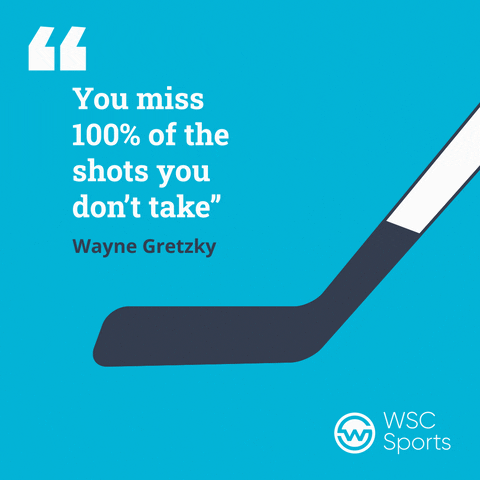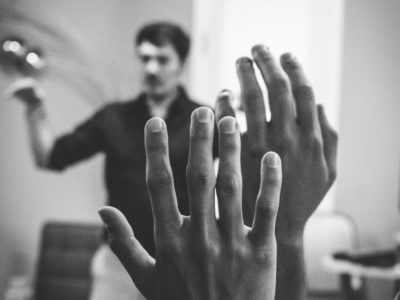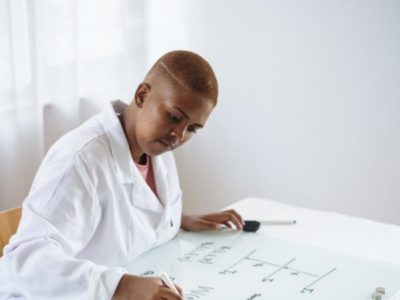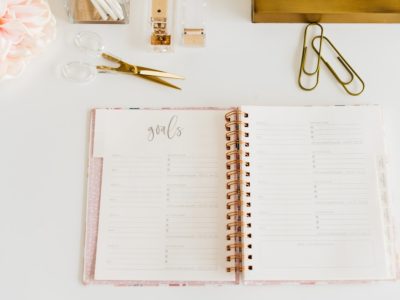As Hockey Hall of Famer Wayne Gretzky once said, “You miss 100 percent of the shots you don’t take.” Fans of The Office may recognize this quote as “borrowed” by Michael Scott. As cliché as this may sound, I almost didn’t take a shot at going to graduate school.
I had a dream – a dream born on a day many years ago – a dream that lingered and would not die.

As a first-year attorney, I attended the deposition of a woman who was illiterate. Throughout the course of her questioning, it became clear how much her inability to read and write English hindered her life. She could not drive a car because she could neither read the street signs nor pass the written test. She had limited options for work because she simply did not have the language skills to gain a full education. She could not read through her deposition (or any legal documents) to verify the accuracy of her testimony transcription. After meeting with her, I realized how much an inability to read and write English limits members of our society. At that time, I decided I wanted to teach adults how to read and write English. Soon after, though, I had my own children and devoted time to their education. I set aside the dream born in that deposition. Last year, however, the stars aligned, and it looked like I could pursue that dream. First, however, I needed a re-education.
It seemed most logical to seek that re-education by obtaining a master’s degree. After researching graduate schools and developing a top three list, I dutifully contacted an admissions counselor for my top choice. We scheduled a call. I plowed through my list of questions and got answers that lit up the path toward my dream. I asked about the acceptance rate. It was high. Basically, four out of every five applicants receive acceptances. Great.
Then, I asked, “What are people like who don’t get accepted?”

The admissions counselor replied readily: no previous formal education in education and no formal experience in teaching. He said a few other things, but I stopped listening by then with a sinking feeling that one could only describe as “doubt.”
After I admitted that I fit his description, his tone changed, going from chatty to official. He inquired why I wanted to pursue a master’s degree. I told him the same story I’ve told you. After that, he expressed some words that gave me hope, but then I did a little research on the student body demographics. Yup. I was old enough to be the parent of the average graduate student. My youngest daughter was applying to college, and my eldest daughter already graduated with her own master’s degree. Welcome, double dose of doubt. I didn’t even want to get in the game, much less take a shot.
I started looking into alternatives. Maybe I could find an easier path. Maybe a less challenging program would accept me. I learned that the “less challenging” options weren’t going to get me where I wanted to go – working with the refugee community in my hometown. So, I rolled up my sleeves (and by that, I mean I opened a Word document) and started to gather the materials to submit a graduate school application. First, I needed reference letters and second, I needed a resume. Thankfully, great supporters provided the reference letters, but the resume created more of a challenge.
I drafted one and sent it to a resume service.

Without going into the gory details, the reviewer told me: “This looks outdated and dull.” Ouch. Back to the drawing board on the ol’ resume. After a bit more research on how to draft a resume for an application to graduate school, I created a new, improved resume, complete with hyperlinks and icons. I worked on my personal statement and meeting the other admission requirements, uploaded my grades, and voila – I took a shot. A little over a week later, I received my acceptance letter.
Lesson learned: Don’t tell yourself “No”; take the shot!



















